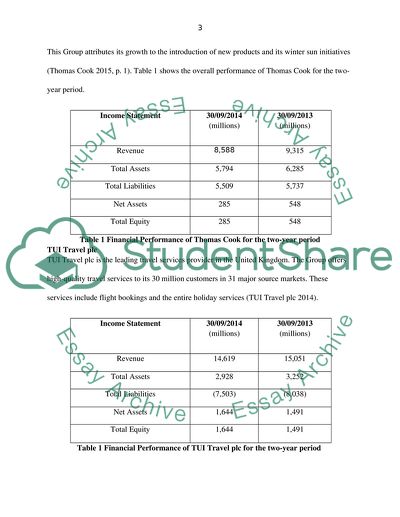Cite this document
(“Travel Agency Sector in the United Kingdom Essay”, n.d.)
Retrieved from https://studentshare.org/marketing/1683284-just-give-the-topic-what-u-write-about
Retrieved from https://studentshare.org/marketing/1683284-just-give-the-topic-what-u-write-about
(Travel Agency Sector in the United Kingdom Essay)
https://studentshare.org/marketing/1683284-just-give-the-topic-what-u-write-about.
https://studentshare.org/marketing/1683284-just-give-the-topic-what-u-write-about.
“Travel Agency Sector in the United Kingdom Essay”, n.d. https://studentshare.org/marketing/1683284-just-give-the-topic-what-u-write-about.


